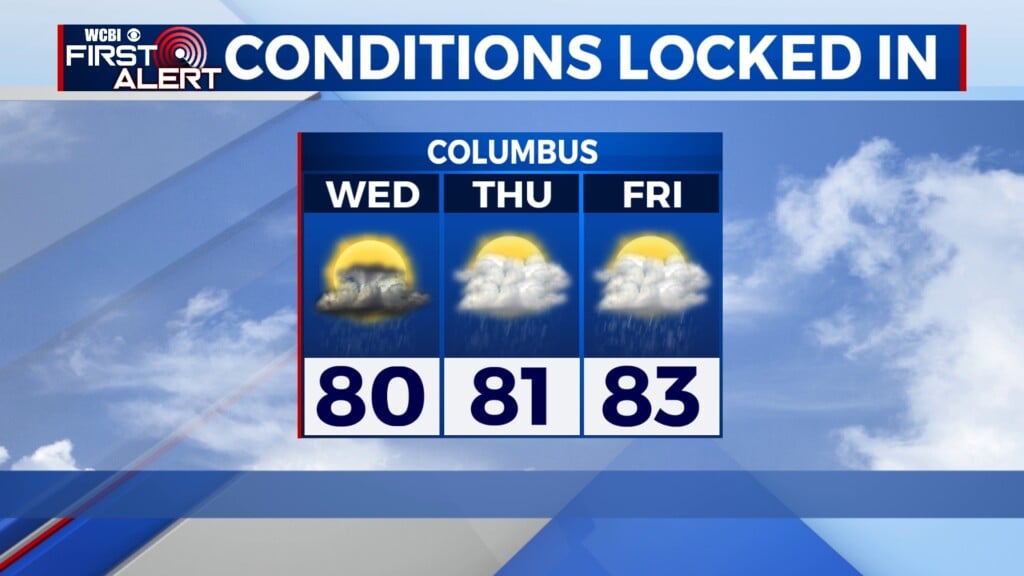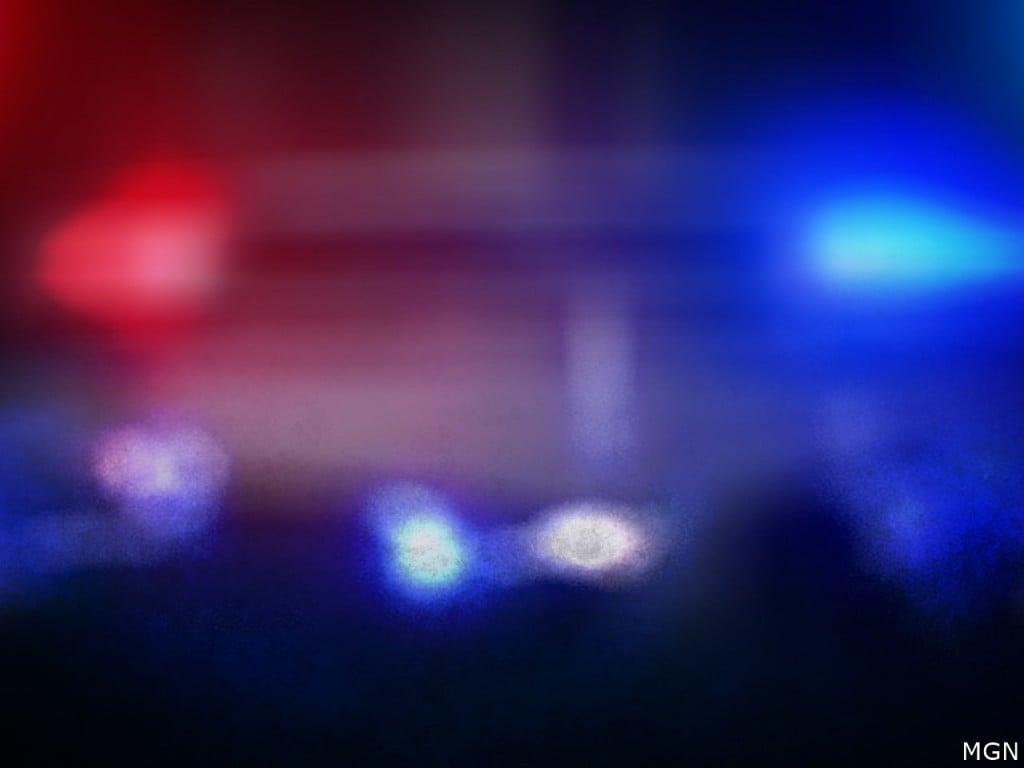Should I get a coronavirus antibody test? What the experts say
The Food and Drug Administration has granted emergency authorization to a dozen coronavirus antibody tests, and more than 200 others are currently on the market. One authorized company, Roche, claims its test is 100% accurate at finding coronavirus antibodies in the blood and 99.8% accurate at ruling them out.
Many people who got sick in recent months but didn’t get tested for COVID-19 have been left wondering whether they had the coronavirus. Many others who didn’t get sick could have also been infected with the virus and not even known it. People in both groups are now looking to antibody tests for possible answers.
What are antibodies? And how accurate are the tests?
Antibodies are proteins the body makes to attack a virus. If somebody has a certain antibody it could mean that they were infected in the past — whether they knew it or not. Dr. Shoshana Ungerleider, an internal medicine physician at Sutter Health in San Francisco told CBSN that having specific antibodies “means you’ve been exposed to that virus, or you’ve had a vaccine for it.”
However, according to CBS News medical contributor Dr. David Agus, many antibody tests on the market right now are “advertising claims that make no sense.” He said that too little is known about the coronavirus to rely on the results of most of the current antibody tests.
Tests with higher rates of false positive results could mistakenly lead people to believe they have antibodies when they really don’t. False negatives could lead people to believe they don’t have antibodies when they actually do.
“Aside from this latest FDA-approved antibody test that we’re hearing about that is highly accurate, I should also point out that we don’t even know if most of the other hundred or so tests that are out there on the market are even close to being that accurate,” Underleider said.
The FDA on Monday said it will start requiring companies making coronavirus antibody tests to apply for authorization by the agency within 10 days of releasing their products.
“We unfortunately see unscrupulous actors marketing fraudulent test kits and using the pandemic as an opportunity to take advantage of Americans’ anxiety,” the FDA said in a statement.
Do antibodies mean you’re immune?
Even if a test can accurately detect antibodies, Agus said people who carry them cannot rest assured they are safe from the virus. That’s because having the antibody does not necessarily mean you are immune to the virus.
According to Agus, the body creates many antibodies to fight infection, but not all those antibodies will neutralize the virus — some simply “hang on,” he said. “Until we have the immunity component, for the individual person (an antibody test) doesn’t make sense.”
Agus said cities and companies could use an antibody test to see who has been exposed to the virus in the past, but would not be able to know who is safe from it.
He said the next step is to take existing tests and add in an “immunity component” — but when that could be ready is unknown.
“There is no reason to get a test at the present time unless you’re part of an epidemiologic study, [or] your company wants to know how many people potentially have been exposed. For reasons like that, they’re important. But for personal decisions, right now, they are not to be used, because they do not tell you immunity,” Agus said on “CBS This Morning” Thursday.
White House coronavirus response coordinator Dr. Deborah Birx told CBS News’ Margaret Brennan on April 19 that having the virus and having immunity are two “different question(s).” She said research is underway to determine if the antibodies offer protection.
“That’s why these studies that are going on with plasma and giving plasma to sick patients to really see if that antibody confers protective immunity and help to the individual who is sick, as well as really doing studies with vaccines and looking, seeing whether the antibodies that are produced are effective,” Birx said.
“These are questions that we still have scientifically. I will tell you, in most infectious diseases, except for HIV, we know that when you get sick and you recover and you develop antibodies, that that antibody is often confers immunity. We just don’t know if it’s immunity for a month, immunity for six months, immunity for six years,” she said.
Dr. Ungerleider said “we shouldn’t get ahead of ourselves” with antibody testing. “I think that the fact remains that we don’t know yet how long these antibodies last, the degree to which people with coronavirus antibodies are actually protected from getting COVID a second or a third time.”
“We should all remember that the novel coronavirus is only 16 weeks old. So there’s a lot we just don’t know yet,” she said.
Kate Gibson contributed reporting.





Leave a Reply